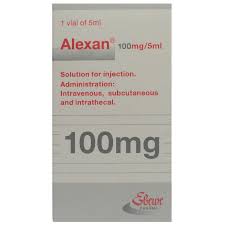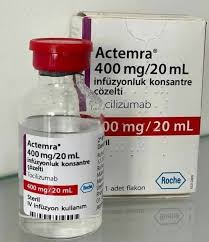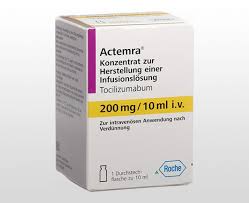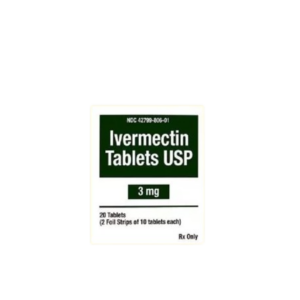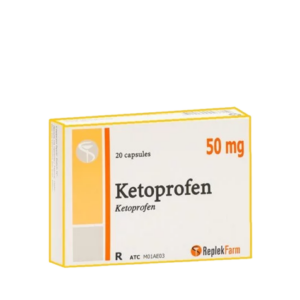Condition : New
0
From UAE
To United States
in 5-10 days
Description
ALEXAN 100 MG/5 ML seems to be a hypothetical medication, and without specific information about its active ingredients, it’s challenging to provide an exact mechanism of action. However, if we consider common drug classes, ALEXAN 100 MG/5 ML might belong to categories such as antibiotics, antivirals, or other therapeutic classes. The mechanism of action would depend on its specific composition and intended use.
-
- Benefits: The benefits of ALEXAN 100 MG/5 ML would depend on its intended use. Assuming it’s used to treat infections, potential benefits may include:
- Killing or inhibiting the growth of bacteria, viruses, or other pathogens.
- Relief from symptoms associated with infections, such as fever, pain, and inflammation.
- Prevention of complications or spread of the infection.
- Dosage and Administration: Dosage and administration instructions would be provided by a healthcare professional or on the medication’s packaging. It’s essential to follow the prescribed dosage and administration schedule precisely.
- Suitability: The suitability of ALEXAN 100 MG/5 ML for an individual would depend on various factors, including the type of infection, medical history, allergies, and potential interactions with other medications. A healthcare professional would assess these factors before prescribing the medication.
- Availability: Medications like ALEXAN 100 MG/5 ML would typically be available by prescription from healthcare providers, such as doctors or pharmacists. They might be obtained from pharmacies or medical facilities where prescriptions are filled.
- Pricing: Prices can vary significantly between countries due to factors such as healthcare systems, manufacturing costs, taxes, and regulations. To obtain specific pricing information for ALEXAN 100 MG/5 ML in different countries, you would need to consult pharmaceutical databases, local pharmacies, or healthcare providers in those regions.
- Benefits: The benefits of ALEXAN 100 MG/5 ML would depend on its intended use. Assuming it’s used to treat infections, potential benefits may include:

